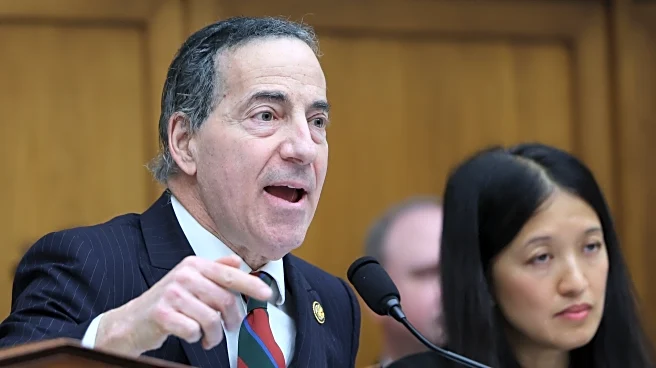Jazz legend Chuck Mangione, renowned for his timeless hit "Feels So Good," has passed away at the age of 84. The celebrated musician, who died peacefully in his sleep at his Rochester, New York home, leaves
Did You Know
A day on Venus is longer than a year.
?
AD
behind a legacy marked by warmth, creativity, and an indelible impact on the music landscape. Known for his masterful skills on the flugelhorn and trumpet, Mangione's career spanned more than five decades, captivating audiences with a sound that transcended jazz and embraced elements of pop.
Emerging in the 1960s with the legendary Art Blakey and the Jazz Messengers, Mangione swiftly carved out his niche as a solo artist. His 1977 single "Feels So Good" became a cultural phenomenon, earning acclaim far beyond the jazz sphere and solidifying his place in the hearts of music lovers. This signature piece not only dominated the airwaves but also became one of the most recognizable melodies in smooth jazz. Mangione's ability to blend jazz with pop influences resonated deeply, ensuring the song's position as a staple of its genre.
In addition to his musical prowess, Mangione captured television audiences as a voice actor on the animated series "King of the Hill," where he brought humor and charm as a caricatured version of himself. Known for his genuine spirit and generous heart, Mangione's passing is felt deeply by family, friends, and fans worldwide. His contributions to jazz and popular music will endure, inspiring future generations of musicians and enriching the cultural tapestry that he helped to weave.
Q&A (Auto-generated by AI)
What is Chuck Mangione's musical legacy?
Chuck Mangione is celebrated for popularizing jazz music, particularly through his iconic hit 'Feels So Good,' which became a staple in smooth jazz. His unique style blended jazz with pop elements, making it accessible to a broader audience. Mangione's influence extends beyond music; he became a cultural icon, particularly through his appearances on 'King of the Hill,' where he showcased his personality and humor. His contributions to music earned him two Grammy Awards and a lasting place in jazz history.
How did 'Feels So Good' impact jazz music?
'Feels So Good' was a groundbreaking track that crossed over from jazz to mainstream pop, reaching the top of the charts in the late 1970s. This success helped to popularize smooth jazz, a genre characterized by its melodic and relaxed style. The song's catchy melody and upbeat rhythm made it a favorite on radio stations, influencing many artists and paving the way for future smooth jazz musicians. Its enduring popularity continues to resonate in contemporary music.
What awards did Chuck Mangione win?
Chuck Mangione won two Grammy Awards during his career, recognizing his contributions to jazz music. He was nominated for a total of 14 Grammys, highlighting his significant impact on the music industry. His most notable Grammy win came for his album 'Feels So Good,' which not only showcased his talent as a flugelhorn player but also solidified his status as a leading figure in jazz. These accolades reflect his artistic excellence and popularity.
What role did he play in 'King of the Hill'?
In 'King of the Hill,' Chuck Mangione voiced a fictionalized version of himself, appearing as a recurring character. His role often involved humorous interactions with the main characters, particularly in episodes highlighting his music. This appearance introduced him to a new generation and showcased his charm and personality, further endearing him to fans beyond his musical career. His participation in the show illustrated the crossover between music and popular culture.
How did jazz evolve in the 1970s?
The 1970s marked a significant evolution in jazz, with the emergence of smooth jazz and fusion genres that blended jazz with rock, funk, and pop. Artists like Chuck Mangione, Weather Report, and Herbie Hancock experimented with electronic instruments and new rhythms, making jazz more accessible to mainstream audiences. This period also saw a rise in jazz festivals and increased visibility for jazz musicians, contributing to a revitalization of the genre and its incorporation into popular music.



:max_bytes(150000):strip_icc()/chuck-mangion-072425-5c58752d738643f485694060c07929c7.jpg)













